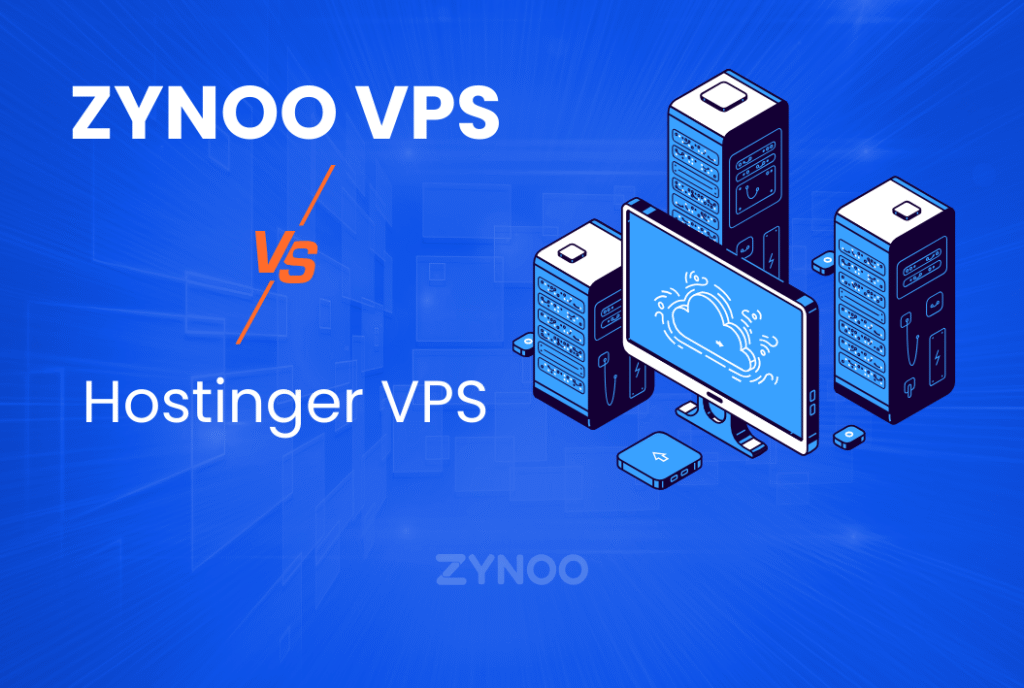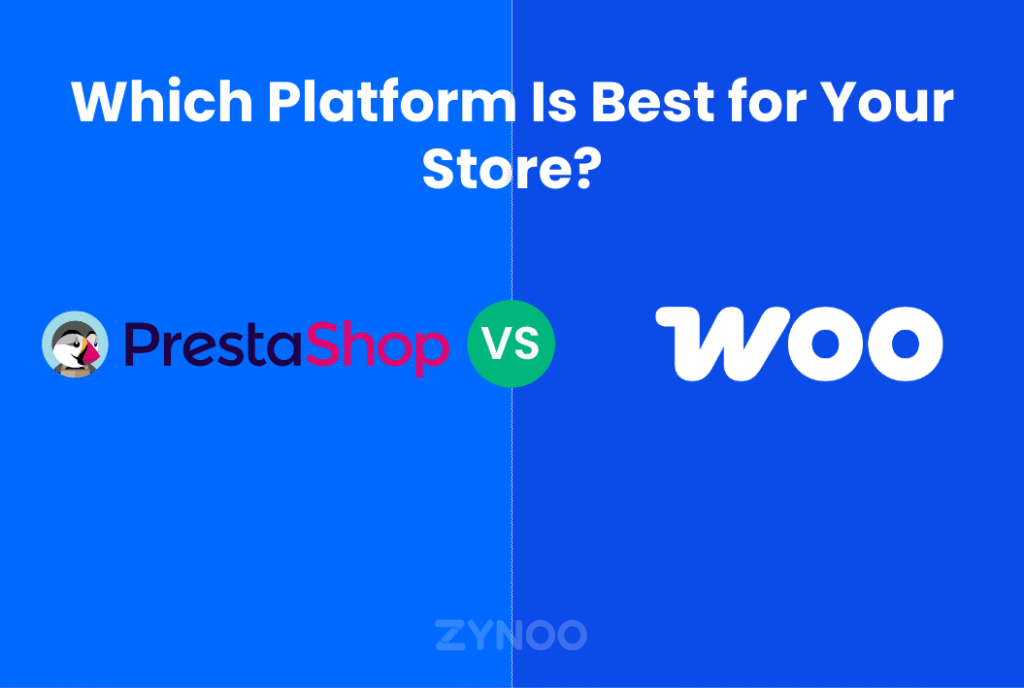Introduction
Choosing the right website builder is crucial for establishing a strong online presence. With a plethora of options available, finding the perfect platform can be daunting. This article provides an in-depth comparison of the top 5 website builders, considering their features, ease of use, pricing, customer support, and more. By the end, you’ll have a clear understanding of which builder aligns best with your needs.
Top 5 Website Builders
When it comes to building a website, the options are vast. However, five builders consistently stand out for their versatility, user-friendliness, and comprehensive features: Wix, Squarespace, WordPress.com, Weebly, and Shopify. Each platform offers unique strengths, making them suitable for different types of users and purposes.
Wix
Wix is renowned for its flexibility and extensive feature set. It offers a drag-and-drop editor, allowing users to create professional websites without any coding knowledge. With over 800 templates, Wix caters to various industries and styles. Its App Market provides additional functionalities, making it a versatile choice for businesses, blogs, and portfolios.
Features
Wix boasts a wide array of features, including an intuitive drag-and-drop editor, robust blogging capabilities, and a comprehensive App Market. It supports e-commerce, enabling users to set up online stores with ease. Wix also provides advanced SEO tools to help improve search engine rankings.
Ease of Use
The user interface is highly intuitive, making it accessible for beginners. The drag-and-drop functionality simplifies the design process, allowing users to customize their websites effortlessly.
Pricing
Wix offers a free plan with a Wix-branded domain and ads. Premium plans start at $14 per month, with higher tiers offering additional storage, bandwidth, and professional features.
Customer Support
Wix provides 24/7 support through various channels, including email, phone, and a comprehensive help center with tutorials and forums.
Templates
With over 800 professionally designed templates, Wix ensures that users have ample choices for creating visually appealing websites. The templates are fully customizable, allowing users to tailor their designs to their specific needs.
SEO Capabilities
Wix includes built-in SEO tools such as customizable meta tags, alt text, and URL slugs. Its SEO Wiz guides users through optimizing their sites for better search engine visibility.
Squarespace
Squarespace is known for its stunning designs and user-friendly interface. It offers a range of templates that are ideal for creative professionals, businesses, and online stores. Squarespace also integrates well with third-party services, making it a robust platform for various needs.
Features
Squarespace provides an array of features including beautiful templates, e-commerce capabilities, blogging tools, and comprehensive analytics. Its integration with Getty Images and Google Workspace enhances its utility for professional users.
Ease of Use
The platform is designed for ease of use, with a straightforward drag-and-drop interface. Users can quickly create and manage their websites without needing advanced technical skills.
Pricing
Squarespace’s plans start at $12 per month, which includes a free custom domain, SSL security, and 24/7 customer support. Higher-tier plans offer additional features like advanced e-commerce tools and promotional pop-ups.
Customer Support
Squarespace offers 24/7 email support and live chat support during business hours. The help center includes guides, video tutorials, and a community forum.
Templates
Squarespace is lauded for its aesthetically pleasing templates that cater to a variety of industries. Each template is fully customizable, ensuring a unique and professional look.
SEO Capabilities
Squarespace’s built-in SEO tools include automatic sitemaps, clean URLs, and customizable meta tags. The platform is optimized for search engines, ensuring your site can rank well.
WordPress.com
WordPress.com is a popular choice for bloggers and businesses seeking a flexible and powerful platform. It offers a robust set of features and extensive customization options through themes and plugins.
Features
WordPress.com provides a wide range of features including a powerful blogging platform, customizable themes, and access to numerous plugins. It supports e-commerce, membership sites, and more.
Ease of Use
While WordPress.com has a steeper learning curve compared to other builders, it offers extensive customization options and flexibility. Users with some technical knowledge can leverage its full potential.
Pricing
WordPress.com offers a free plan with basic features. Premium plans start at $4 per month, offering additional storage, premium themes, and advanced design customization options.
Customer Support
WordPress.com provides email and live chat support, along with a vast knowledge base and community forums.
Templates
WordPress.com offers thousands of themes, both free and premium, catering to various needs and preferences. Themes are highly customizable, allowing users to create unique websites.
SEO Capabilities
WordPress.com is well-regarded for its SEO capabilities. It offers built-in SEO tools and the option to integrate with popular SEO plugins like Yoast SEO for advanced optimization.
Weebly
Weebly is a user-friendly website builder known for its simplicity and functionality. It offers a range of features suitable for personal sites, small businesses, and online stores.
Features
Weebly provides an intuitive drag-and-drop editor, e-commerce capabilities, and a variety of apps to extend functionality. It also includes built-in SEO tools and analytics.
Ease of Use
Weebly is designed for ease of use, with a straightforward interface that makes website building accessible for beginners. The drag-and-drop functionality simplifies the design process.
Pricing
Weebly offers a free plan with basic features. Paid plans start at $6 per month, providing additional storage, a custom domain, and advanced site statistics.
Customer Support
Weebly offers support through email, phone, and live chat. The help center includes guides, tutorials, and a community forum.
Templates
Weebly provides a selection of modern and responsive templates. While the range is smaller compared to other builders, the templates are customizable and professional.
SEO Capabilities
Weebly’s SEO tools include customizable meta tags, URL slugs, and alt text for images. It also provides an SEO guide to help users optimize their sites.
Shopify
Shopify is a leading e-commerce platform, ideal for creating online stores. It offers comprehensive e-commerce features, making it a top choice for businesses looking to sell products online.
Features
Shopify includes powerful e-commerce capabilities such as product management, payment gateways, and shipping options. It also offers a range of apps to extend functionality and enhance user experience.
Ease of Use
Shopify is designed with ease of use in mind, featuring an intuitive interface that simplifies the process of setting up and managing an online store.
Pricing
Shopify’s plans start at $29 per month, which includes a custom domain, SSL certificate, and basic e-commerce features. Higher-tier plans offer advanced features and reduced transaction fees.
Customer Support
Shopify provides 24/7 support via phone, email, and live chat. The help center includes extensive resources such as guides, tutorials, and a community forum.
Templates
Shopify offers a variety of professionally designed templates tailored for online stores. The templates are fully customizable, ensuring a unique and attractive storefront.
SEO Capabilities
Shopify’s SEO features include customizable meta tags, automatic sitemaps, and the ability to edit robot.txt files. Its SEO-friendly infrastructure helps improve search engine rankings.
Comparative Analysis
When comparing these website builders, several factors come into play: user interface, customization options, e-commerce capabilities, SEO features, performance, and security. Each builder has its strengths and weaknesses, making them suitable for different types of users and purposes.
Wix: In-Depth Review
Wix stands out for its versatility and ease of use. Its drag-and-drop editor allows users to create stunning websites without any coding knowledge. The platform offers a vast range of templates and an extensive App Market, making it suitable for various industries. However, some users find the customization options limited compared to other builders.
Squarespace: In-Depth Review
Squarespace is renowned for its beautiful designs and user-friendly interface. It offers a range of features that cater to creative professionals and businesses. Squarespace’s templates are visually appealing and fully customizable, making it a top choice for those prioritizing aesthetics. However, its pricing can be higher compared to other builders.
WordPress.com: In-Depth Review
WordPress.com is a powerful platform with extensive customization options. It is ideal for bloggers and businesses looking for flexibility and control. While it has a steeper learning curve, the range of plugins and themes available makes it a versatile choice. However, users may need some technical knowledge to fully leverage its capabilities.
Weebly: In-Depth Review
Weebly is a straightforward and functional website builder. It is ideal for beginners and small businesses due to its simplicity and ease of use. While it offers fewer templates compared to other builders, the available options are professional and customizable. However, it may not be as suitable for users requiring advanced customization.
Shopify: In-Depth Review
Shopify excels as an e-commerce platform, offering comprehensive tools for online store management. It is the go-to choice for businesses looking to sell products online. Shopify’s extensive range of apps and templates ensures a professional and efficient storefront. However, its pricing can be higher, especially for small businesses or startups.
Choosing the Right Builder
Selecting the right website builder depends on several factors, including budget, technical skills, business goals, design preferences, and long-term needs. Understanding these factors can help narrow down the options and find the platform that best aligns with your requirements.
SEO Features Comparison
SEO is crucial for online visibility. Wix, Squarespace, WordPress.com, Weebly, and Shopify all offer built-in SEO tools. However, the level of control and customization varies. WordPress.com and Shopify are particularly strong in SEO capabilities, offering advanced tools and plugins.
E-commerce Capabilities
For those looking to set up an online store, Shopify and Wix offer robust e-commerce features. Shopify excels with its extensive range of apps and payment gateways, while Wix provides a user-friendly platform with essential e-commerce tools. Squarespace also offers solid e-commerce capabilities, making it a viable option for online stores.
Customer Support Comparison
Customer support is essential when building and maintaining a website. All five builders offer multiple support channels, including email, phone, and live chat. Shopify and Wix stand out for their 24/7 support, ensuring help is available whenever needed.
Pricing Comparison
Pricing varies among the website builders, with each offering different plans to suit various needs. Wix and Weebly provide affordable options with free plans, while Squarespace and Shopify offer more comprehensive features at higher price points. It’s essential to consider the value for money and any potential hidden costs when choosing a plan.
User Reviews and Feedback
Aggregated user ratings and feedback can provide valuable insights into the strengths and weaknesses of each platform. Common complaints and praises help highlight the user experience and real-world performance of the website builders.
Performance and Security
Performance and security are critical factors for any website. All five builders offer reliable server hosting and security features, including SSL certificates and regular backups. However, the level of performance and security may vary, with WordPress.com and Shopify offering more robust options.
Templates and Design
The range and quality of templates are crucial for creating visually appealing websites. Squarespace is known for its beautiful and professional templates, while Wix offers a vast selection of customizable designs. Shopify’s templates are tailored for e-commerce, ensuring a professional storefront.
Ease of Use
Ease of use is a significant consideration, especially for beginners. Wix and Weebly are particularly user-friendly, with intuitive drag-and-drop interfaces. Squarespace also offers a straightforward interface, while WordPress.com requires a bit more technical knowledge.
Conclusion
In conclusion, the best website builder for you depends on your specific needs and preferences. Wix offers versatility and ease of use, Squarespace excels in design and aesthetics, WordPress.com provides extensive customization, Weebly is ideal for simplicity, and Shopify is the top choice for e-commerce. By considering the features, ease of use, pricing, customer support, and other factors, you can make an informed decision and choose the right platform for your website.
FAQs
What is the best website builder for beginners?
The best website builder for beginners is Wix, thanks to its intuitive drag-and-drop interface and user-friendly design.
Can I create an e-commerce site with Squarespace?
Yes, Squarespace offers robust e-commerce capabilities, allowing you to create a professional online store.
Is WordPress.com suitable for blogging?
Yes, WordPress.com is a powerful platform for blogging, offering extensive customization options and a range of themes.
How much does it cost to build a website with Weebly?
Weebly offers a free plan with basic features, while paid plans start at $6 per month for additional storage and a custom domain.
Does Shopify support multiple payment gateways?
Yes, Shopify supports a wide range of payment gateways, making it a versatile choice for online stores.
Which website builder offers the best SEO tools?
WordPress.com and Shopify are particularly strong in SEO capabilities, offering advanced tools and plugins to improve search engine rankings.
Conclusion
Choosing the right website builder is crucial for establishing a successful online presence. By comparing the top 5 website builders—Wix, Squarespace, WordPress.com, Weebly, and Shopify—you can find the platform that best meets your needs. Each builder offers unique strengths, ensuring a suitable option for various users and purposes. Evaluate your requirements, consider the features and pricing, and select the builder that aligns with your goals for a successful and engaging website.



